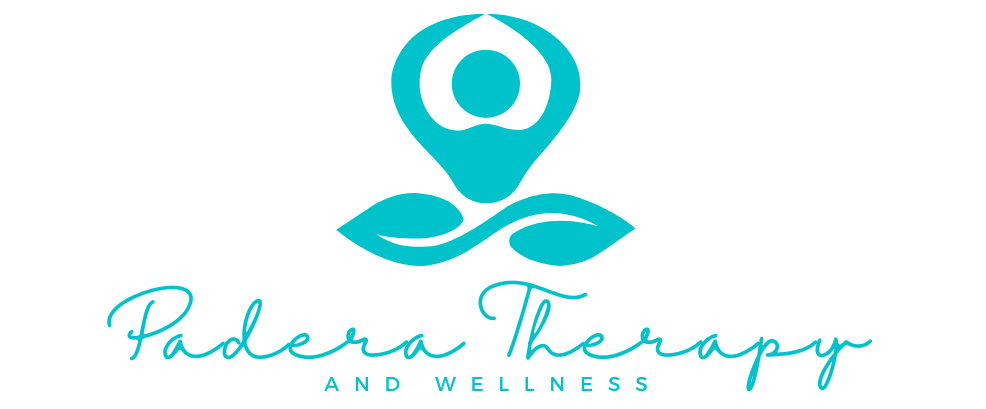The Power of Routine
The Power of Routine
Back-to-school season is here! While this may not necessarily be at the top of mind for all of us, especially those who don’t have kids or no longer have school-aged kids in the home, there is something about August and September that feels like a second new year, a restart, like “the other January”. We can use this time to adapt to new routines or learn ways to more effectively navigate transitions, like so many students are doing at this time too. So even if you’re not headed back to school, maybe you can head back to you.
WHAT ARE THE BENEFITS?
Routines are the not-so-secret ingredient to effective functioning. Our mental health gets a boost from consistent routines. Having a structured routine we can stick to allows us to feel a sense of control and calm, particularly at times when we are feeling stressed or overwhelmed. The predictability of a consistent routine helps to reduce decision fatigue. Overall, we get to feel less stressed and more emotionally well when we establish routines.
Another benefit of consistent daily habits is that our bodies work more efficiently. Routines allow us to have better quality sleep. If we create routines on either side of our sleep–right before we go to bed and right as we wake up (and, no, phone not included)–it supports our natural circadian rhythm, helping us to wind down and get a full, restful night of sleep to start the next day. Developing routines that support sleep, balanced diet, exercise, and self-care ultimately boost our immune systems, metabolism, and cardiovascular health. Both our brains and our bodies can experience the benefits!
CREATING NEW ROUTINES
Most of us have heard the popular idea that it takes 21 (or so) days to form a habit, which is actually a misquoted myth that had no experimental evidence to support it. However, recent research has shown that it actually takes closer to 2-5 months for a habit to become automatic. While this might seem discouraging, at least compared to the (false) 21-day timeline, it can also allow for some room to give ourselves grace when it feels like we’re struggling to keep to the routine. It takes time and energy to establish!
Here are some tips to help with creating new routines or habits:
Habit Stacking: Coined by James Clear, author of Atomic Habits, this tool allows us to pair a new habit with an existing habit to make consistency more likely. For example, if I were trying to remember to take a new medication in the morning, I could stack taking my new medication before I brush my teeth. You can read more about habit stacking on his website.
Environmental Design: We can’t always rely on our willpower to get us to establish a new routine. Sometimes, we need to set up our environment to work for us and support success. If we change a part of our environment, we put in less mental energy to stick to a new routine! For example, if I wanted to work out every morning, I might set my work out clothes right next to my bed to remind myself to change into them first thing (or better yet, sleep in them!)
Micro Habits: Rather than trying to make sweeping changes by establishing hard to attain routines, we can minimize the habits to be simple, achievable actions. This will help us build momentum and reduce resistance to change. For example, instead of making myself journal for a half hour every night, I might start with journaling a single sentence summarizing my day. Much more manageable.
Track Progress: By keeping track of every time we stick to our habit or routine, we increase motivation and get a little hit of dopamine when we visually see ourselves reaching our goals. Using checklists, making a mark on a calendar, or even using habit tracker apps can help us see the progress we make. And, sticking to a new habit 85% of the time translates to 2x greater likelihood of a habit becoming automatic!
Patience & Self-Compassion: Most importantly, we need to continue practicing patience and self-compassion when it comes to forming new habits. What we’re doing is hard, not just sometimes physically but also mentally! Our brain is working hard at building new synaptic connections to make this new routine permanent, so don’t worry if it’s taking longer than expected or is making you feel more exhausted. Give yourself time, patience, and compassion, and one day, that new habit will be an old routine that just feels good!
So, as this ‘other January’ unfolds, choose one small habit to start today. By the time the next real January comes around, it might just be second nature.

